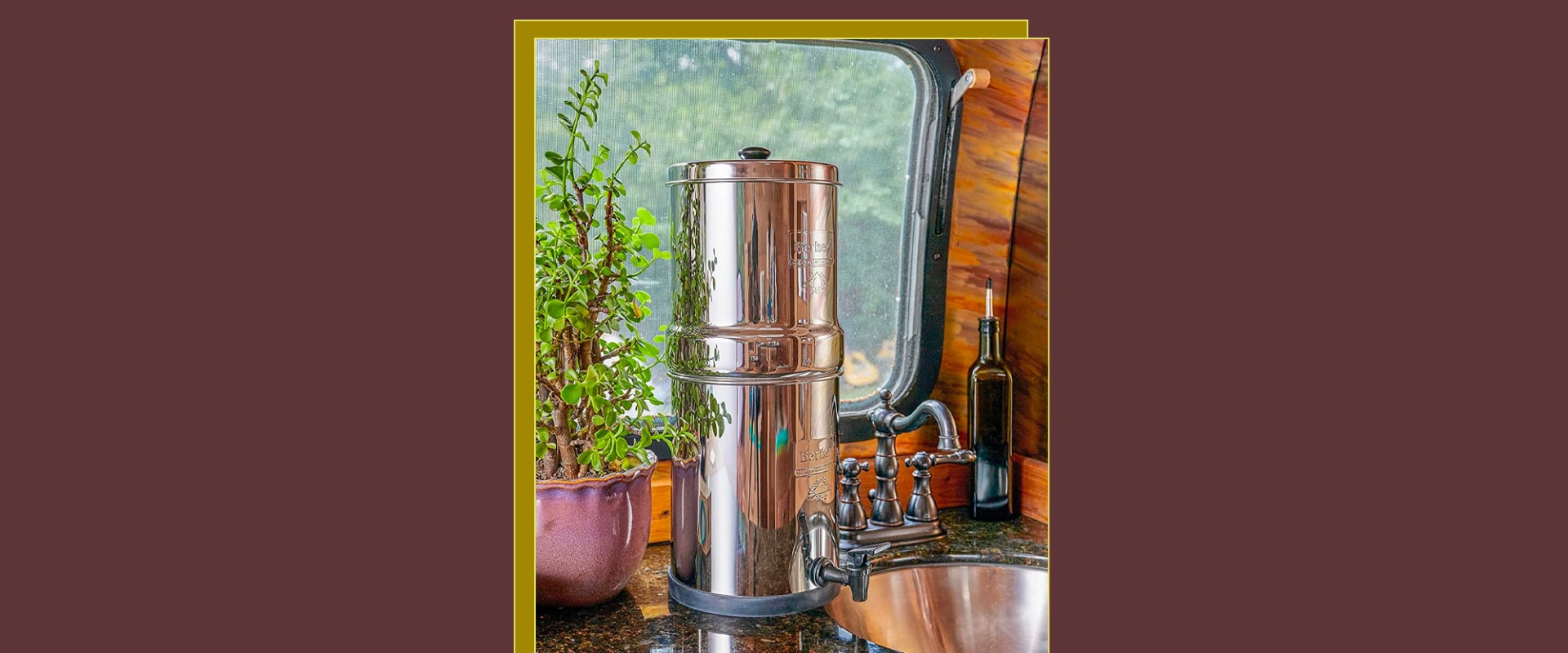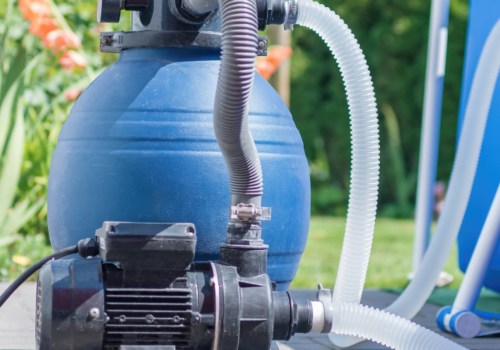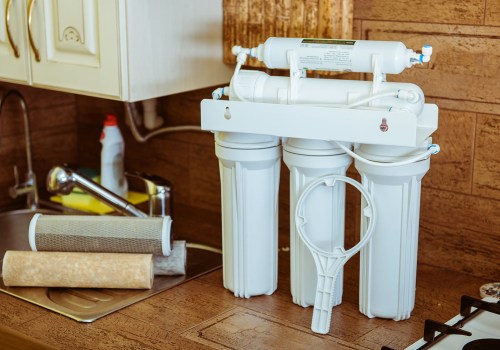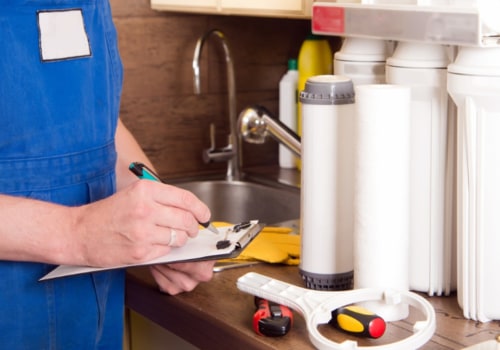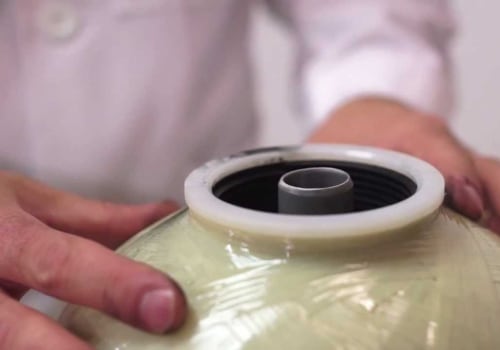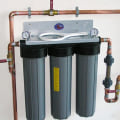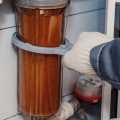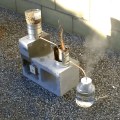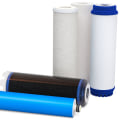Given the importance of having a reliable water supply for our family, it is natural to wonder “how long do water filters last? The truth is that there probably won't be a water filter for life. On average, the lifespan of jug filters is around 6 months. Built-in fridge filters have a maximum lifespan of 6 months, while universal in-line water filters can last longer than internal filters. For residential environments, the filters for under the sink can work optimally for 6 to 12 months, while for commercial environments they can last between 4 and 6 months.
Countertop water treatment technologies for hydroelectric plants include countertop water filters, which can last a maximum of 6 months. Faucet purifiers are highly sought after water filter technologies with the least complicated installation process. These portable filters are for people who are careful when drinking tap water and can usually last 6 months for a small family and 5 months for a large family. The life of water filters is measured in gallons.
The amount of gallons of water that can be passed through the type of filter (or simply the use of water) to provide clean filtered water will determine how long the filters last. The average lifespan mentioned for the life of water filters is 4 months to 6 months, with the capacity to provide 100 gallons of filtered water. Each type of filter usually has a different lifespan. This may depend on the quality of the water and on the filtering steps present in the particular type of filter.
A sediment pre-filter that is installed in a whole-house water filter system should be replaced once every few months. As for the other filter stages, be sure to replace the afterfilter in a timely manner, because if you don't, residual contaminants will pass into the drinking water. Leaving a Brita filter open and unused will cause moisture and bacteria to enter the filter, eventually making it unsuitable for use. A reverse osmosis system can last approximately 10 to 15 years, but you must replace the reverse osmosis membrane filters after a while.
By eliminating harmful chemicals and harmful contaminants, you can also reverse the unpleasant taste of water. If you go a long time without changing your water filters, these contaminants can build up, posing a risk to your health and causing blockages in the sink and shower drains. In addition, other brands and models of water filters also offer LED light indicators that will alert you when it's time to switch to a new filter cartridge, whether you are using pitcher filters, faucet mounted filters, or reverse osmosis filters. Modern refrigerators have a filter warning system that will alert you when the filter needs to be replaced.
If you don't change the water filter, contaminants will clog it up and leave no room to capture other chemicals or particles, which will then come out along with the water. First of all, there are several different types of filters involved in a whole-house system, including the pre-filter, the main filter and the post-filter, plus you may have some optional add-ons that also need maintenance. A proper cleaning routine or investing in the best replacement filters is the ideal way to ensure that your home's water filter system works properly and efficiently over time. On average, prefilters last three to six months; carbon filters can last up to one year, while post-filters must be replaced every one to two years.
